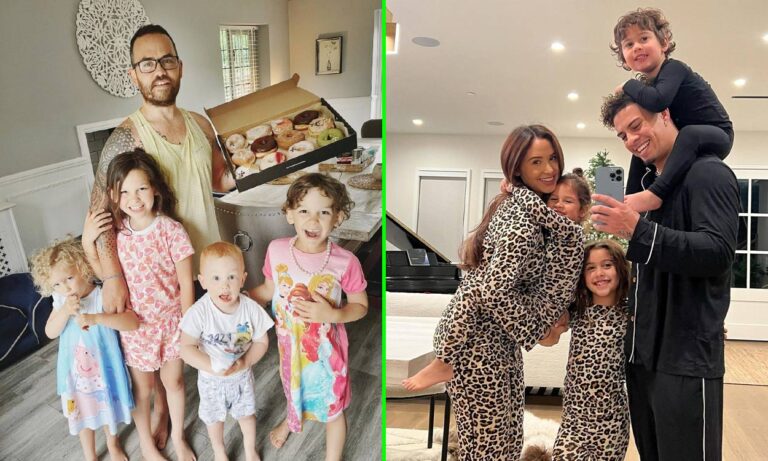Washington state to pass bill which will protect the wallets of child influencers from their parents
Despite having always been morally questionable, child influencers have existed on social media platforms for well over a decade now. And what started off as snippets of first birthdays and trips to the zoo in YouTube family vlogs quickly transitioned into the offspring of online creators becoming permanent fixtures of their parents’ online lives. Sounds dodgy? Yep, we think so too.
As children quickly appeared more and more frequently in content creation, questions surrounding ethics and treatment—both socially and financially—became something that needed to be addressed. And not just by a Mumsnet group chat, but by the government.
According to CNET, Washington state recently held a hearing for Bill 1627, a piece of legislation that “aims to ensure that children who are heavily featured or star in online content have a right to financial compensation for their work.”
The law, titled ‘Protecting the interests of minor children featured on for-profit family vlogs’ would also empower kids to maintain their privacy by allowing them to request the deletion of videos and other content they’ve featured in once they reach the age of majority.
Kidfluencer content might appear innocent enough on the surface, but these mommy-run accounts aren’t a constructive way to safeguard children from online predators. Financial compensation aside, there’s a serious conversation to be had about whether or not minors should be featured online at all.
Nevertheless, this bill marks a significant moment as it’s the first time the US has taken legal steps to curb the power of parents when it comes to documenting their children’s lives online. While the concept is regarded as highly seedy among the more cynical of us gen Zers, it’s an unfortunately highly lucrative business. Family vloggers dominate the YouTube and TikTok space.
And for some reason, because it’s the parents—rather than an unknown director—holding the camera, audiences seem less concerned about the rights of the children on-screen. Or indeed the emotional and mental impact being documented online at such a young age can have on a child.
When a production company hires a child actor, they’re subject to a heavily guarded list of restrictions and regulations—all curated in order to protect the rights of that child. These labour laws are an imperative tool for any young person within the entertainment industry.
These kinds of protections simply do not exist within the online creator space. It was only 2022 when notorious family vloggers the SacconeJolys faced widespread criticism in regard to their incessant and highly intimate filming of their six children’s lives.
In particular, the family faced backlash over the documenting of one of their kids’ gender transition from boy to girl. And while some of the criticism was highly laced with transphobia, there is also something to be said about filming such a personal journey, especially when the child is under ten-years-old.
One of the individuals spearheading the new Washington state bill is 18-year-old Chris McCarty, a political science major at the University of Washington who recently launched the advocacy campaign Quit Clicking Kids.
The project, which hopes to promote “fair labour standards, fair compensation and a reinstatement of childhood privacy,” is representative of a growing movement pushing back against the monetisation of children on social media.
Of course, this is only a state-based legislative push and what’s really needed is a global effort to combat this highly complex problem. Moving forward, it’ll be interesting to see if the political elite—who place so much supposed importance on morality—decide to take steps which’ll provide legitimate and overdue protection for children online.






